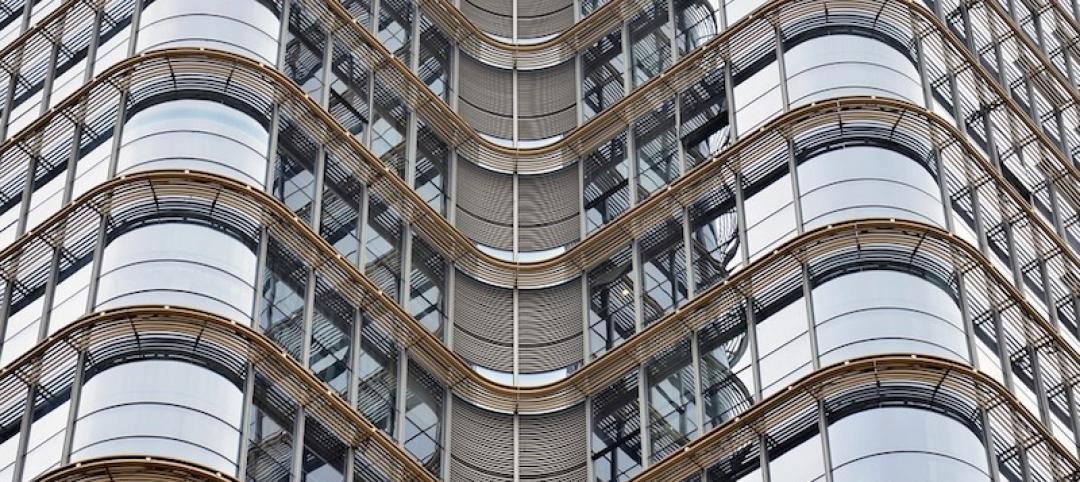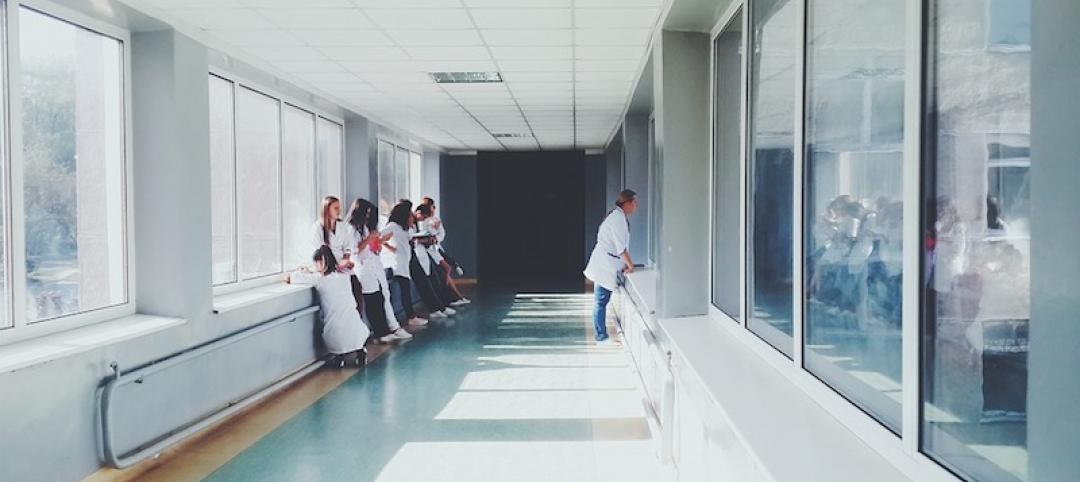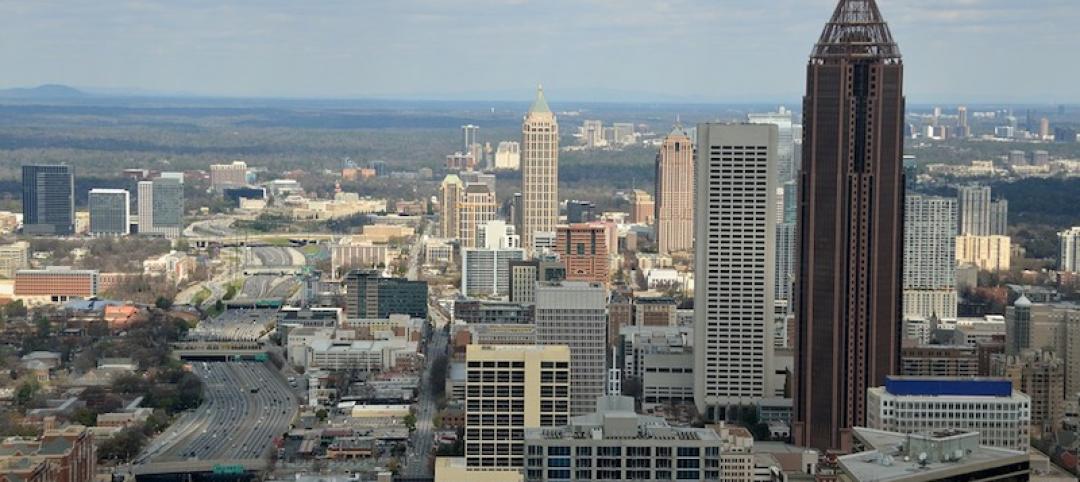Two years ago, a plan to create a smart city project along Toronto’s waterfront was unveiled with great fanfare.
Since then, the proposal, spearheaded by Sidewalk Labs, a subsidiary of Alphabet (Google’s parent company) has prompted extensive public criticism and a lawsuit by the Canadian Civil Liberties Association over data privacy and misuse concerns. The ambitious project was conceived as a showcase for the latest smart city technologies.
The project is to be centered on sustainable and safe transportation systems, and efficient and affordable housing. Technology such as “adaptive traffic lights” would prioritize cyclists and pedestrians and study the possibility of autonomous transit options. Innovative building materials and new occupancy models, like “co-housing”, would offer green, reasonably-priced housing.
With sensors tracking people and vehicles sprinkled throughout the development, privacy rights advocates are concerned that the data could be used for surveillance and discourage people to exercise free speech rights. It didn’t help that at public hearings Sidewalk Labs seemed unable to spell out where this data would be stored and how it would be used.
The company also presented a greatly expanded scope of the proposal from the original 12 acres to a 190-acre area at a public meeting, perhaps misreading the intent of the agreement with the city. These issues have caused delays to the project, but Waterfront Toronto, the city group overseeing it, recently voted to go forward with the 12-acre development.
Other smart city projects around the globe, including in South Korea and India, have been also been plagued by delays and controversies. These challenges indicate that making cities smarter will not be easy.
Related Stories
Codes and Standards | Mar 1, 2019
$1 billion Boston hospital project to include extensive disaster resiliency features
Mass. General expansion will be designed for four days of shelter in place.
Codes and Standards | Mar 1, 2019
U.S. cities have become more dangerous for bicyclists and pedestrians
Reduced speed limits, traffic calming, better education seen as keys to improvement.
Codes and Standards | Feb 28, 2019
High-income renters now the fastest-growing housing market segment
Growth is fastest in mid-sized cities with strong economies.
Codes and Standards | Feb 27, 2019
Katerra launches software platform for ‘entire lifecycle of the building process’
Firm is accepting industry applicants to test the product.
Codes and Standards | Feb 26, 2019
AAMA updates two specifications for test methods related to seismic drift
For evaluating window wall, curtain wall and storefront systems.
Codes and Standards | Feb 22, 2019
California’s carbon reduction goals to be aided by programs to convert heating, hot water systems
Switch from propane to electricity is critical to plan.
Codes and Standards | Feb 21, 2019
Researchers develop software that can calculate potential solar energy yield at any location
Accounts for dynamic shading from trees, buildings and other structures.
Codes and Standards | Feb 20, 2019
Hospitals not making much progress in reducing their carbon footprint
Energy benchmarking survey shows flat emissions pattern over past 20 years.
Codes and Standards | Feb 15, 2019
Super Bowl stadium helps alleviate Atlanta’s flood problems
Capacity to store more than 2 million gallons of storm water on site.
Codes and Standards | Feb 14, 2019
ISO publishes first global BIM standards
Based on British standard and a publicly available standard.

















